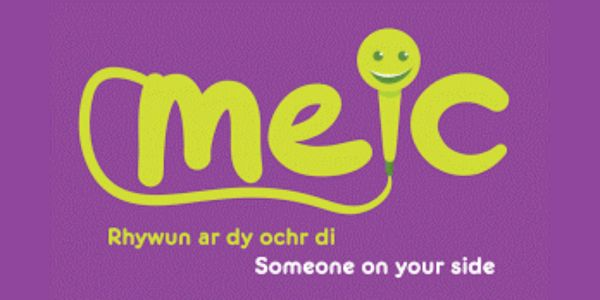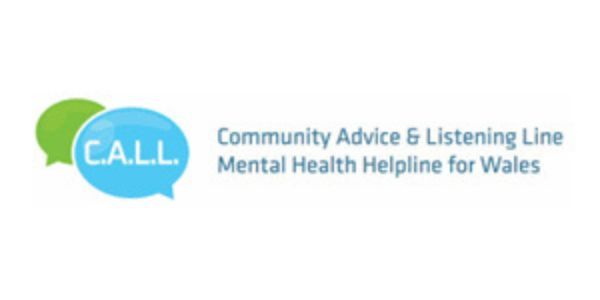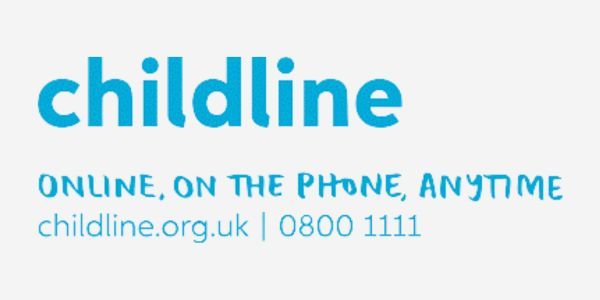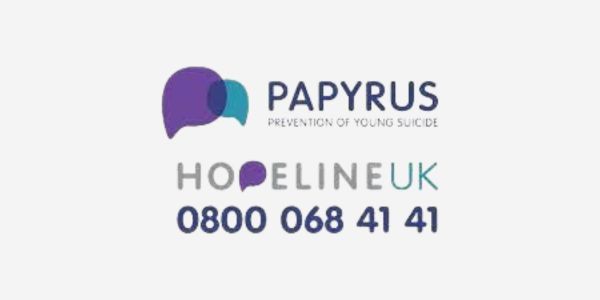Febrile Convulsion
Advice intended for parents/ carers taking their child home after seeing a doctor
If your child has any of the following:
- Has another seizure in the current illness lasting more than 5 minutes and/or does not recover rapidly afterwards
- Becomes extremely agitated, confused or very lethargic (difficult to wake)
- Becomes pale, mottled and feels abnormally cold to touch
- Is going blue around the lips
- Develops a rash that does not disappear with pressure (the ‘Glass Test’)
You need urgent help.
Please phone 999 or go to the nearest Hospital Emergency (A&E) Department
If your child has any of the following:
- Has another febrile convulsion (less than 5 minutes) in the current illness
- Remains drowsy or lethargic more than an hour after their seizure
- Has weakness of the arms or legs, visual difficulties (double vision) or difficulty speaking after the seizure has stopped
- Seems dehydrated (sunken eyes, drowsy or no urine passed for 12 hours)
- Is becoming drowsy (excessively sleepy) or irritable (unable to settle them with toys, TV, food or picking up) – especially if they remain drowsy or irritable despite their fever coming down
- Continues to have a fever of 38.0°C or above for more than 5 days
- Seems to be getting worse or if you are worried
You need to contact a doctor or nurse today
Please ring your GP surgery or contact NHS Wales 111
- If none of the above features are present
Self care
Using the advice below and overleaf you can provide the care your child needs at home
- For practical advice refer to ‘Fever advice sheet’ - download via Healthier Together website:
www.what0-18.nhs.uk - If your child has a fever and is distressed, you can give them paracetamol (calpol) or ibuprofen. However, remember this might not stop them having a further febrile convulsion and fever is a natural response to infection. Always follow instructions on the bottle and do not exceed daily maximum doses. Never give your child aspirin.
- Tepid sponging is not recommended – it does not reduce fever and may cause your child discomfort.
We know that all parents/carers are absolutely terrified the first time that they see their child have a febrile convulsion (seizure). This information sheet is designed to provide you with some facts and practical advice.
- Occur in about 1 in 20 children, most commonly between 6 months – 3 years of age.
- They often occur on the first day of a febrile illness. There appears to be no connection between the extent of the fever and convulsions, so they can occur even with mild fevers.
- Simple febrile convulsions generally last less than 5 minutes, involve the whole body becoming stiff then jerking of all 4 limbs (a tonic clonic seizure) and the child may be sleepy afterwards but should return to their normal self within a couple of hours.
- 1 in 3 children who have febrile convulsions may have further convulsions with febrile illnesses in the future.
- Regular treatment for prevention of future seizures is usually not necessary. Febrile convulsions are not epilepsy. There is a small risk of your child developing epilepsy in the future and many parents worry about this, however, most children who have childhood simple febrile convulsions grow out of them and do not develop epilepsy.
- If your child has had a simple febrile convulsion, has a clear infection source that is causing their fever and you and the medical team are happy, they may be cared for at home.
- Place them in the recovery position – on their side, on a soft surface with their face turned to one side. This will stop them swallowing any vomit and keep their airway protected.
- Stay with your child and try to jot down what time their seizure starts and stops.
- Do not put anything in your child’s mouth.
- If the seizure lasts longer than 5 minutes seek immediate medical help – call 999 or go to the nearest A&E.
- If the seizure lasts less than 5 minutes – phone your GP or NHS Wales111 for advice if you’re worried.
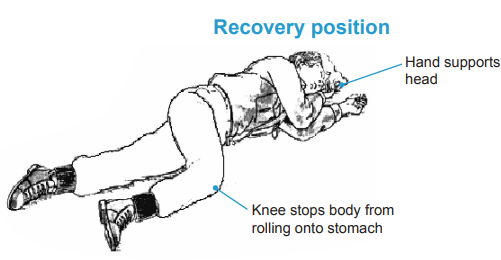
This guidance is written by healthcare professionals from across Hampshire, Dorset and the Isle of Wight.
NHS 111 Wales
Website: NHS 111 Wales
NHS 111 Wales (Option 2) telephone service is available 24/7 and can be used for urgent mental health advice and support.
Meic
Website: www.meiccymru.org
Meic is the helpline service for children and young people up to the age of 25 in Wales. Chat online, freephone 080880 23456, or text 84001.
C.A.L.L. Community Advice Listening Line
Website: www.callhelpline.org.uk
Provides a confidential mental health listening and emotional support line which is open 24/7. Call 0800 132 737 or text ‘help’ to 81066.
Shout
Website: www.giveusashout.org
Text ‘shout’ to 85258 anytime, day or night.
Childline
Website: www.childline.org.uk
If you’re under 19 you can confidentially call, chat online or email about any problem big or small.
Samaritans
Website: www.samaritans.org/wales/samaritans-cymru/
Call 116 123 free, anytime, day or night.
Papyrus
Website: www.papyrus-uk.org
Are you, or is a young person you know, not coping with life? For confidential suicide prevention advice contact HOPELINEUK. We are open 9am–midnight every day.
Campaign Against Living Miserably (CALM) for men
Website: www.thecalmzone.net
Need help? Call our helpline 5pm-midnight, 365 days a year on 0800 58 58 58.
DAN 24/7 - Wales Drug and Alcohol Helpline
Website: www.dan247.org.uk/
Freephone 0808 808 2234, or text DAN to 81066.
NHS 111 Wales
Website: NHS 111 Wales
NHS 111 Wales (Option 2) telephone service is available 24/7 and can be used for urgent mental health advice and support.
Meic
Website: www.meiccymru.org
Meic is the helpline service for children and young people up to the age of 25 in Wales. Chat online, freephone 080880 23456, or text 84001.
C.A.L.L. Community Advice Listening Line
Website: www.callhelpline.org.uk
Provides a confidential mental health listening and emotional support line which is open 24/7. Call 0800 132 737 or text ‘help’ to 81066.
Shout
Website: www.giveusashout.org
Text ‘shout’ to 85258 anytime, day or night.
Childline
Website: www.childline.org.uk
If you’re under 19 you can confidentially call, chat online or email about any problem big or small.
Samaritans
Website: www.samaritans.org/wales/samaritans-cymru/
Call 116 123 free, anytime, day or night.
Papyrus
Website: www.papyrus-uk.org
Are you, or is a young person you know, not coping with life? For confidential suicide prevention advice contact HOPELINEUK. We are open 9am–midnight every day.
Campaign Against Living Miserably (CALM) for men
Website: www.thecalmzone.net
Need help? Call our helpline 5pm-midnight, 365 days a year on 0800 58 58 58.
DAN 24/7 - Wales Drug and Alcohol Helpline
Website: www.dan247.org.uk/
Freephone 0808 808 2234, or text DAN to 81066.
- Try to stay calm.
- Tell them you are there for them and that you are not upset or angry.
- Tell them you are pleased they have told you they are having thoughts of harming themselves and that you are able to help them through this time.
- Listen to what they are saying even if they are venting anger or other negative emotions at you.
- Listen without interrupting.
- Validate their thoughts and feelings – they are real and important.
- Try to be emotionally available and present for your child.
- Once things appear to be settling please encourage your child to relax as the day/ evening progresses and make some suggestions for things you can do together to distract them from their thoughts (see below for some ideas).
- Try to proactively manage any potential conflicts or arguments within your immediate environment.
- Be mindful of excessive use of mobile devices but that young people really need to feel connected to others at times of distress.
If you are concerned that your child/ young person is at risk of harming themselves, please ensure the following:
- All medications (prescribed/ over the counter/ vitamins) are removed and/ or locked in a strong lockable medical box or locked cupboard. Medication needs to be stored in this way in all houses where the young person stays, including grandparents, foster carers, step parents and residential homes.
- All sharp objects, such as knives and razor blades, to be removed and/ or stored securely.
- Ensure the young person has not got a stock of medication or sharp objects in their room or amongst their property.
- Other environmental risks in your home should be considered, e.g. removing ropes, ties, dressing gown ties.
- Do not allow your child/ young person to go out alone or with friends during times of distress and when they are voicing thoughts of self-harm or suicide.
- Monitor your child/ young person’s mood and behaviour closely.
- Increase your presence and supervision of your child at home, if needed remaining awake or checking on them during the night.
- Ask them about thoughts of self-harm and suicide.
- Look out for any warning signs in your child/ young person that they might be struggling.
- Distract yourself - watch a film or TV programme, play a computer game that absorbs your mind, or read a book you’re really interested in
- Get creative – drawing, mindful colouring, taking photos, listening to music, singing
- Get moving – walk, run, dance, do an exercise or yoga video
- Comfort yourself – have bubble bath or shower, eat something you like, stroke a pet, cuddle up tightly in a blanket, rock/ hug yourself, spray a favourite perfume
Alternatives to self-harm when the urge to harm is very strong:
- Hold ice in your hand for as long as you can
- Step under a cold shower briefly
- Run your hands under cold water
- Snap an elastic band against your wrist
- Hit a cushion against the wall or bed
- Punch a punch bag or pillow
- Go for a fast paced walk or run up and down the stairs several times
- Tear or scrunch up paper






